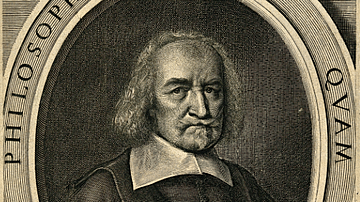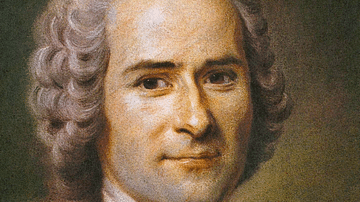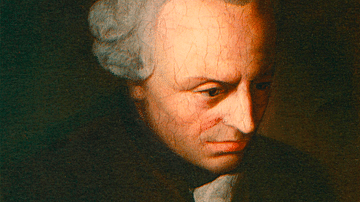In this collection, we look at the lives, works, and ideas of the following 12 key philosophers of the Enlightenment:
- Thomas Hobbes
- René Descartes
- John Locke
- Montesquieu
- David Hume
- Jean-Jacques Rousseau
- Denis Diderot
- Adam Smith
- Immanuel Kant
- Edmund Burke
- Thomas Paine
- Mary Wollstonecraft
All of the above (and others besides) made vital contributions to the Enlightenment of the 17th and 18th centuries, a time when intellectuals were trying to answer such key questions as what is happiness, what is the best political system, and how can we build a fairer world inhabited by educated, reasoned, and tolerant citizens?
Apparently, the key values of the Enlightenment are not acquired once and for all. Rather, they must be appropriated by each generation and each culture in turn, or they will be submerged and lost.
(Henry Chisick)











